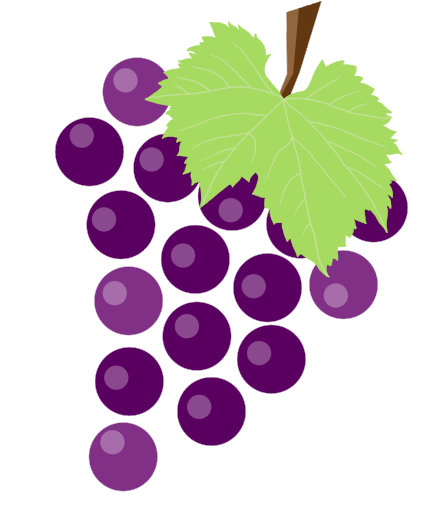
To call some food "junk" is an artificial division. When food is given the status of a religion (the place where sacrifices are made to ensure a positive outcome and long/eternal life), then there IS the necessity of a devil/Satan/"the dark side."
When food is just another casual part of life, kids will choose melons over biscuits/cookies and chocolate eggs sometimes.
When a child is loudly, ceremoniously and with a big happy-face NOT ALLOWED to be in the presence of the devil/sweets, then if and when he is lured by that satanic force, he will either resist out of fright instilled by his loving mother, or he will succumb, indulge, and be one giant step away from his mother—morally, emotionally and dietarily.
From notes from a talk, I didn't get that far, so it's a little fossilized idea from Food Problems
In one topic, someone asked whether candy was real food. She asked in such a way that we were expected to respond "of course not."
It is neither new, nor false. It is real, and food.
Think of any situation you know well enough to envision that involves someone unable to grow or get to food: Prisoners of war, people shipwrecked, lost in the desert, broken leg stuck in a cave in some mountains, victims of famine, wartime siege, refugee camps without food supplies. Punitive prisons where food might be rancid or infested. Think of a couple of those, as well as you know from reading or from video.
Less extremely, think of poor families during The Great Depression, of rationing after world wars. Probably most people here have parents or grandparents who lived without access to much food for a while, or a long time.
Would they have benefitted from candy, or cake? From processed food? Wouldn't the survivors of the Bataan death march (very many of whom were from New Mexico) have been better off with Kraft Macaroni and Cheese than with the unspeakable swill they sometimes were given by their Japanese torturers? Maybe bologna sandwiches with white bread. It would have seemed like manna from God. Would any of them have turned down canned tuna because it might have mercury in it?
And so I would like it if unschoolers would consider more of what they have, and WHY they have it, and not join the food-craze cults that demonize everyday things that their children might enjoy. It would be helpful if more unschooling parents cared about joy and peace than strident fear-mongering.
Not allowing a child to eat at his grandmother's table because the mother objects to processed food is causing lifelong damage right there. If someone has considered calling social services about the family, I think the mother is looking in the wrong direction entirely, for health and goodness.
When things are defined junk or trash or worthless, especially by parents, especially to their unschooled children, then freedom and free choices aren't going to be available. How can children think for themselves when things are pre-decided and pre-labelled good and bad and junk and trash?
"It seems like so probably" is neither logic nor evidence.
I'm not defending orange juice, I'm defending careful thought, compassion for children, and those things that help unschooling work as well as it can.
Sandra


